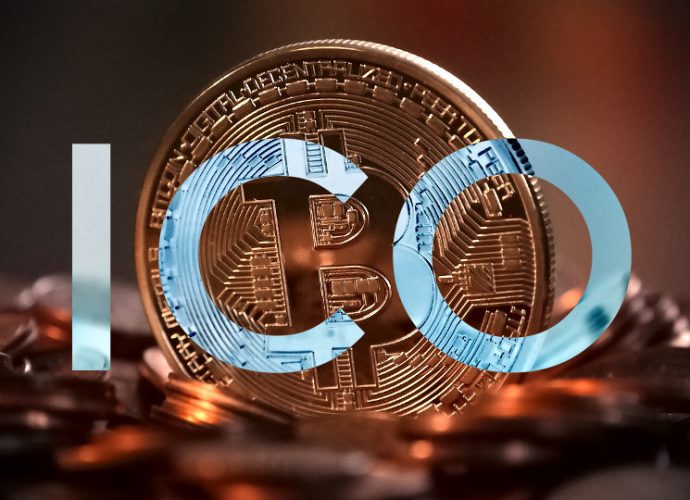As an alternative tool for fundraising, initial coin offerings (ICOs) have noticeably proliferated in the past year.
2017 saw the launch of more than 200 coins, raising about $3.9bn for fintech startups globally. So far in 2018, about 150 ICOs have already raised more than $4.7bn. As a breakthrough point in the industry one can name the fact that even traditional, well-established companies, like Kodak or Telegram, have recently resorted to ICOs to raise funds necessary for further development of their products.
Although the opportunity to raise funds quickly and easily may seem attractive for startups, it is worth remembering that the industry is unregulated yet and is still very risky for both ICO issuers and investors. Legal experts warn about huge administrative and reputational risks for companies that participate in ICOs. They advise that proper measures be taken by ICO issuers to comply with the rules of financial regulators, like the U.S. Securities and Exchange Commission (SEC) or the Financial Conduct Authority (FCA) in the UK.
At present, the financial regulators maintain that an ICO qualifies as a financial instrument, is in most cases no different from an IPO (initial public offering) and must be treated as such, with all due dilligence, transparency and compliance. The SEC has been especially sturdy in stepping up measures against crypto-related companies this year. On 15 March, the SEC issued dozens of subpoenas into cryptocurrency companies it suspects of circumventing securities laws during ICOs.
The the UK’s financial regulator’s stance is less strict. A statement published by FCA in September 2017 suggests that “whether an ICO falls within the FCA’s regulatory boundaries or not can only be decided case by case”. The FCA points out the following main risks for investors in ICOs:
- Unregulated space (most ICOs are not regulated by the FCA and many are based overseas)
- No investor protection (no access to UK regulatory protections like the Financial Services Compensation Scheme or the Financial Ombudsman Service)
- Price volatility (like cryptocurrencies, the value of a token may be extremely volatile)
- Potential for fraud (some issuers might not have the intention to use the funds raised in the way set out when the project was marketed)
- Inadequate documentation (instead of a regulated prospectus, ICOs usually only provide a ‘white paper’, which might be unbalanced, incomplete or misleading; a sophisticated technical understanding is needed to fully understand the tokens’ characteristics and risks)
- Early stage projects (ICO projects are typically in a very early stage of development and their business models are experimental; investors may lose their whole stake)
Indeed, the main problem with ICOs lies in their unregulated nature, and the industry is full of scammers offering unbelievably high profits or selling tokens for virtually non-existent products. As it often happens to startups, even those ICO issuers who are really committed to developing real products for the market do not always manage to deliver on their promises. Earlier this year Bitcoin.com reported that 46% of ICOs have already failed, despite raising over $104 million. A more recent study by Satis Group LLC found out that 80% of ICOs with market capitalizations of at least $50 million are scams, with only 8% managing to trade on a exchange.
A tougher regulation of the industry would definitely cut off all sorts of fraudulent proposals and invite a bigger number of market players, whether large corporates and institutional investors or less sophisticated investors and SMEs.
If you as a business owner still find that your ICO project has a sound commercial rationale, if you have gathered a team of professionals and are ready to work hard to develop a product that satisfies customer needs and meets investor expectations, then it is worth ensuring that the above pitfalls of ICOs are avoided. ICO, above all, is about trust: people give you money in exchange of a product or service much needed in the marketplace. Be ready to justify this trust.
This article first appeared on Blockchain247.











Thanks!
Our editors are notified.